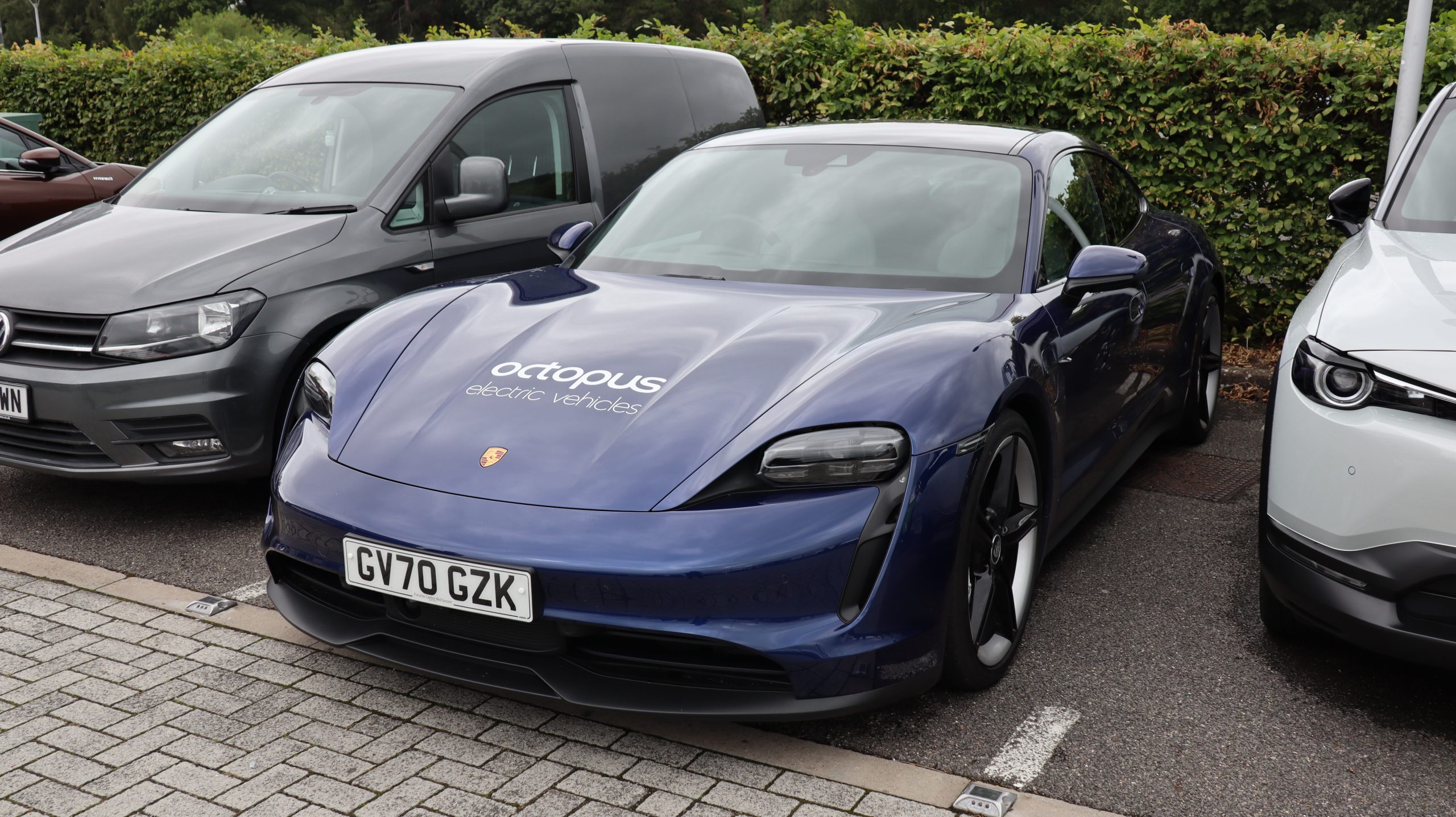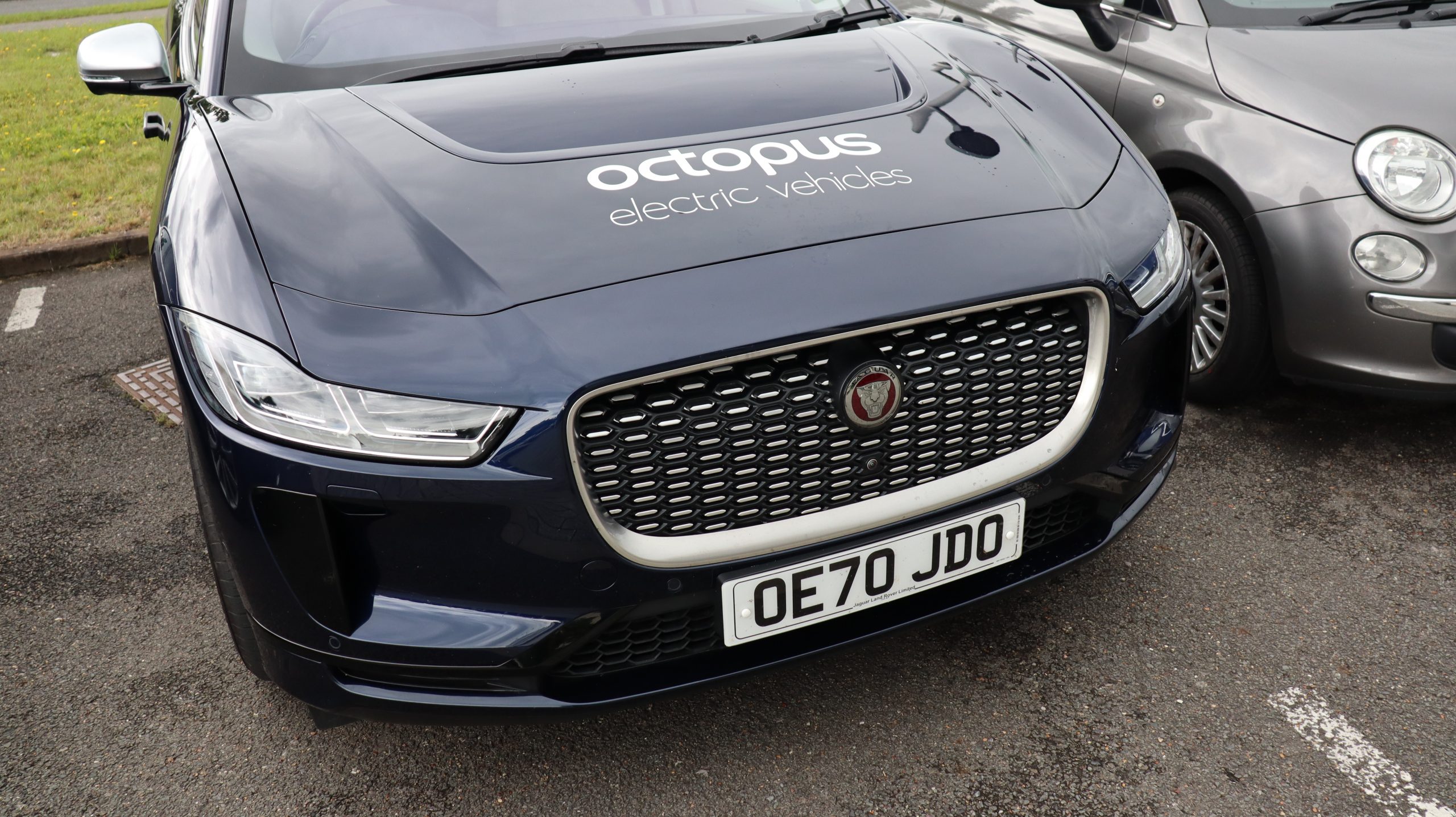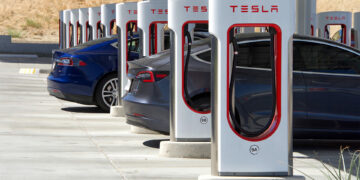Last updated on September 30th, 2021 at 02:49 pm
Octopus Energy is a firm favourite supplier amongst EV early adopters, and the company has been innovating in related areas to help drive forward the electric revolution. The Octopus Go tariff offers a cheap night-time rate specifically aimed at EV charging. There is the Electric Juice charging network, which recently added NewMotion to its consortium and is intended to make charging easier. Then there is Octopus Electric Vehicles, which aims to make it cheaper to own an EV. We talked to CEO Fiona Howarth about how the company plans to achieve that.
Apart from making a wide range of vehicles available, Octopus EV’s main method for making electric cars more affordable is its salary sacrifice scheme. This is a way to pay for a car through the company you work for that saves the employee lots of money because the payments come out of your gross salary, reducing how much of your salary you pay on taxes and national insurance. This can save typically 30-40% on monthly car costs, including servicing and maintenance as well as other running costs.

In fact, Howarth says this can make EVs cheaper than their petrol equivalents. For example, an Audi e-tron with a higher sticker price than a diesel Q5 is cheaper through salary sacrifice. A VW ID.3 would be about £330 a month gross to lease, but on salary sacrifice, it’s more like £230 a month for a 20% tax payer, saving around £100 every month. A similarly specified petrol or diesel VW Golf on a personal lease would be about £260 per month.
This is before you take into account the considerable savings on fuel of an EV over a petrol or diesel car. What makes this scheme so much more effective than a similar salary sacrifice with a conventional car is the low Benefit in Kind you get from having an EV as a company car, which was 0% last year, is now 1%, and will be 2% for the next three years. This is a tax based on the original sticker price of a car, making this completely overshadowed by the tax savings from the scheme. Benefit in Kind rates for petrol and diesel vehicles start at 14% even for the most frugal vehicles and will typically be well over 20%.

Howarth also told us how Octopus EV works with employers to help set these schemes up. It’s not just for large companies, and even companies younger than three years old and with few employees could set up a scheme. Octopus EV will also take a range of cars to an office for demonstration, because people are much more likely to opt for an EV once they have tried one. The company itself leases the car from Octopus EV and then supplies it to the employee. So the company will also be able to claim preferential tax rates on its lease. In other words, this can be a win-win scheme for employer and employee alike.
In a wide-ranging discussion, we also discussed the state of the UK charging network, what makes EVs so exciting, and even whether hydrogen has a chance to be a viable decarbonisation option. Howarth, who formerly worked on BMW’s hydrogen fuel cell programme, has a unique perspective on this too. For the full interview with Fiona Howarth, watch our YouTube video above or listen to the version on our podcast below.
If you enjoy this episode, please subscribe via your favourite podasting platform, including Apple Podcasts, Spotify, Google Podcasts, and TuneIn.
Music by Soonripe Collective.




















Discussion about this post